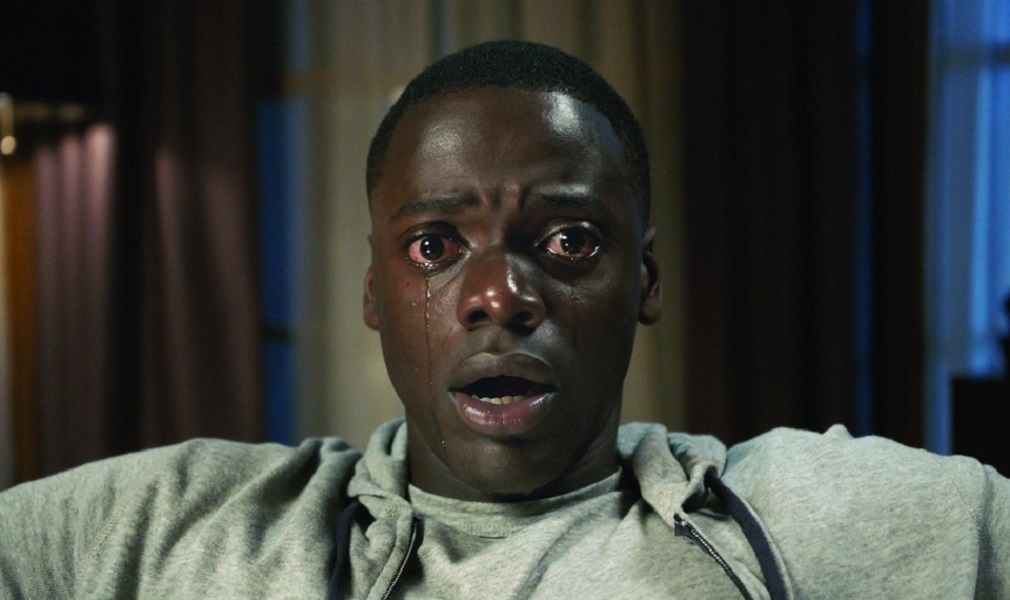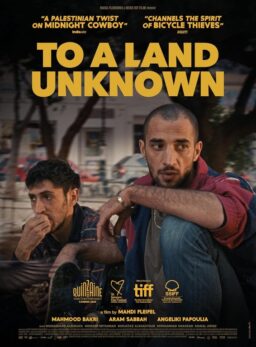In anticipation of the Academy Awards, we polled our contributors to see what they thought should win the Oscar. Once we had our winners, we asked various writers to make the case for our selection in each category. Here, Matt Zoller Seitz makes the case for the Best Picture of 2017: “Get Out.”
“Get Out” was the film of 2017. No American movie better captured the era’s feelings of cultural and psychological dislocation—that sense that not only had something gone horribly wrong, but that something had always been horribly wrong, and the nation was only now collectively starting to face up to it. Writer/director Jordan Peele shot this tale of a black man meeting his white girlfriend’s parents back in 2016, near the tail end of the Obama administration; he meant it mainly as a satire on the hypocrisy and condescension of white liberalism, as well as a horror film about the deep psychological trauma of being an African American in a country that continues to practice its own subtle but insidious forms of enslavement and discrimination. The election of Donald Trump, a man actively, vocally hostile towards anyone not native born and white, placed more weight on the second aspect, but it’s the all-encompassing thoroughness of Peele’s vision that makes “Get Out” as powerful as it is horrifying and hilarious. The movie’s vision feels timeless, and it will probably continue to feel that way until society changes and turns the values showcased by the script into museum pieces.
As sophisticated as the film’s politics are, they wouldn’t have made such a strong impression if “Get Out” didn’t work as a movie—and it does, brilliantly. Peele is a student of genre films who honed his chops working on “Key & Peele,” a sketch program with horror movie parodies that managed to be oddly disturbing, even sinister, even as they made fun of cliches. “Get Out” plays the audience like a virtuoso pianist. To see it in a packed theater was to be reminded of how much the theatrical experience can add to a well-made motion picture. The film at first unfolds like one of those crowd-pleasing low budget exploitation films that broke through to mainstream success in the ’80s by mixing suspense, intricate plotting, slapstick and wry satire: think “Fright Night,” “Night of the Living Dead” and “Re-Animator.” But in the movie’s second half, it starts to turn into something more like a dream film, with Daniel Kaluuya’s Chris Washington fighting his way out of mental colonization and physical restraints. The laughter and shocks are what register on first viewing. Revisits unearth deeper layers of anger and sadness, as well as a spark of hope.












